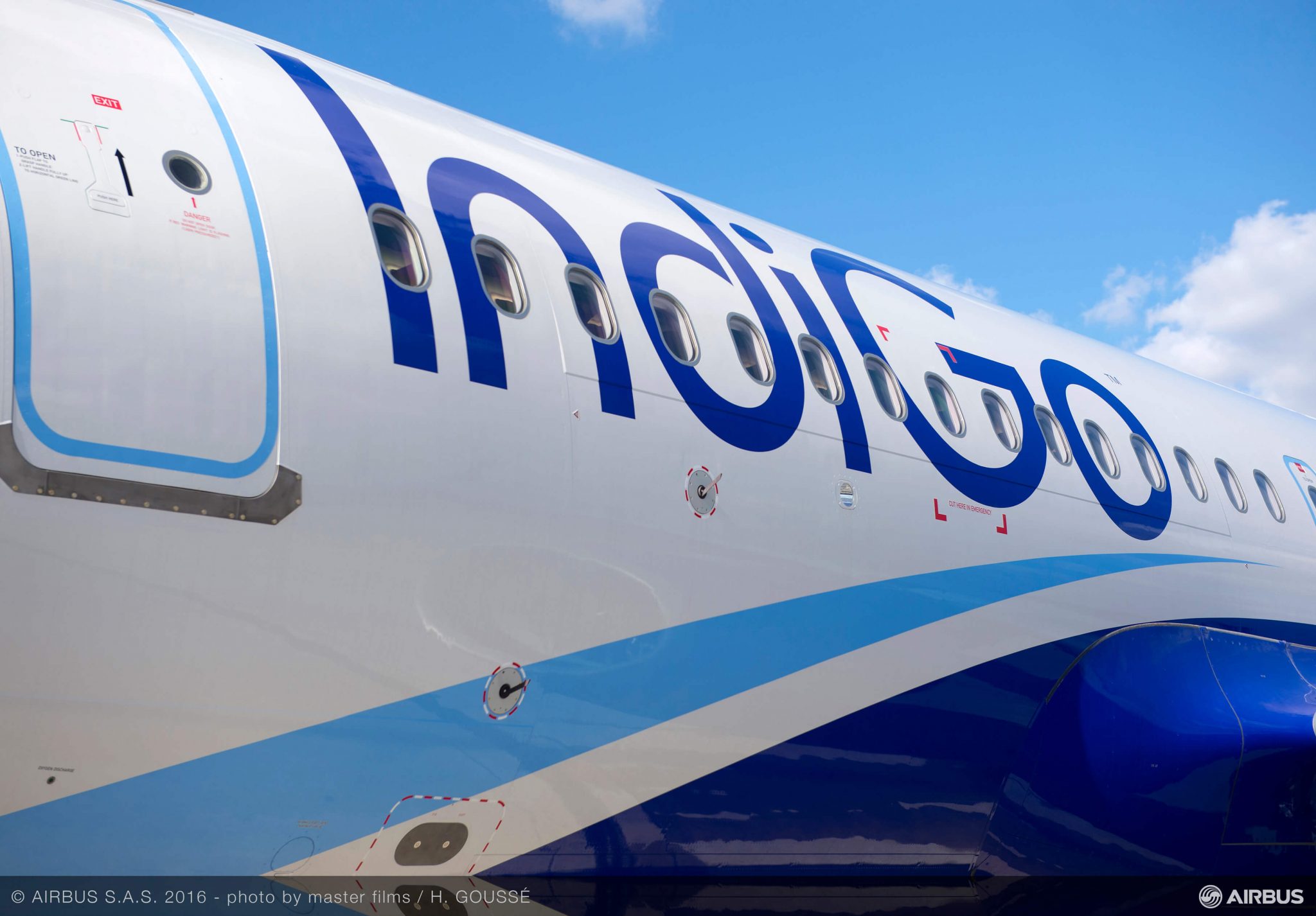Today, IndiGo announced a major, but long expected, move away from its sale-leaseback (SLB) model as chief financial officer, Rohit Philip, stated that IndiGo will shift to a model of outright purchase: “Aircraft kept in the fleet for longer are better owned than leased as direct ownership leads to cost optimisation,” he said. Until now, Indigo has been a major driver of the aircraft sale-leaseback market but the long-awaited changes to the global accounting standards means the strategy that has served the airline so very well since inception may have had its day – to an extent at least.
For many airlines, the time of fleet ownership has returned and with it the time of the big aviation banks to expand has arrived. But how many airlines can afford the cost of purchasing aircraft outright these days, especially given that some airlines have deliveries arriving from the manufacturers on an almost-monthly basis? What will outright ownership do to airlines’ debt-to-equity ratios, not to mention the hit to cashflow. The proliferation of aircraft lessors active in the SLB market has fuelled the rapid expansion of airlines across the globe, as the number of aircraft available for SLB begins to slightly contract one wonders if the number of lessors will contract with it. We must assume so but nevertheless few airlines can continue to grow without turning to the SLB market to finance deliveries so there is no need for lessors to worry. Indeed, fleet ownership for airlines presents increased opportunities for aircraft management and aircraft marketing specialists, something that all the major lessors are expert in.
The news from IndiGo today comes on the back of record quarterly results for the Indian airline, with a net profit of Rs 812 crore for April-June posted, up 37% from Rs 592 crore year on year. IndiGo's revenue per available seat kilometre (RASK) increased by 5.5%. The airline's cost per available seat kilometre (CASK) increased by 1.3%. Costs excluding fuel were down 2.5% on the back of a 34% fall in finance costs. Sales for the June quarter were up 25% to Rs 5,956 crore, while the airline's yields increased 2.2% year on year for the period.
IndiGo has been expanding capacity at a 25% annual rate and will grow at 20% by 2020.
The massive IndiGo aircraft orders have enabled heavy discounts on both purchase price and maintenance costs, but the airline has churned aircraft through relatively short sale and leaseback agreements that has seen aircraft phased out before eight years of age on the main. The careful balance here is obvious and it is hard to see this business model, even with new added taxation burdens, being assailed by other means of aircraft finance...yet.
Meanwhile, GA Telesis and Tokyo Century Corporation have launched a new technology engine financing initiative focusing on a select group of new technology jet engines. GA Telesis’ says that the new joint initiative will enhance current technology engine leasing business by implementing a more competitive cost of capital for longer-term and more structured transactions.
The target portfolio will consist of the following engine models: General Electric GEnx, Rolls-Royce Trent 1000 and Trent XWB, Pratt & Whitney GTF and CFM International LEAP engines. GA Telesis and Tokyo Century are targeting the origination and closing of $1 billion new-technology engine transactions over the next 24 months.
“This is an unprecedented time in the history of aviation where each engine manufacturer is delivering a new technology engine simultaneously," said Abdol Moabery, President & CEO of GA Telesis. “With over ten thousand new-technology engines in the backlog, we are prepared to help our airline customers by providing them a customized financing solution to meet their needs.”
“As a company that has built a global reputation for its leasing products, the initiative will continue to define Tokyo Century Corporation’s commitment to the aviation industry,” said Koichi Nakajima, Deputy President, Director and Executive Officer of Tokyo Century Corporation. We are very enthusiastic about the market’s demand for leasing products such as this and we are committed to growing this.”

